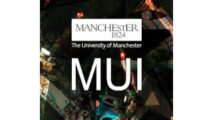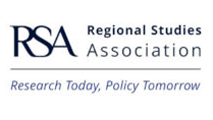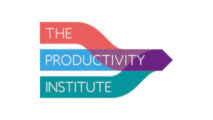Description:
Proposed by members of the UK’s Policy and Evidence Centre for the Creative Industries (PEC), led by Nesta, the aim of this session is to draw together and help build further a community of researchers interested in the geography of creative activities and creative industries.
By creative activities we refer to all activities oriented to originating ideas and forms of expression, with a particular interest in ‘non-scientific and technological’ (nS&T) creativity (e.g., creativity in the arts, design, architecture, etc.). We are also interested in how the geography of nS&T creativity compares with creativity in science and technology, and indeed in variations within nS&T creativity. By the ‘creative industries’ we refer to those that have an especially high reliance on people engaged in creative work: i.e., advertising and marketing; architecture; crafts; design; film, TV and radio; IT and related services; publishing; museums and galleries; and music and the arts.
It is well known that creative activities and industries are highly clustered, especially in the largest, most cosmopolitan cities (e.g., Nesta’s Creative Nation report, 2018). We are also interested in studies of creativity across a wide range of geographical scales, from individual offices/studios to ‘global production networks’. We are particularly interested in studies which challenge conventional wisdom. For example, how important is being physically close to centres of “buzz” to engage in nS&T creative activities?
It is also known that the creative industries are highly innovative, although much less is known about how they innovate. Micro studies on the processes of innovation in the creative industries are welcome. This also raises questions about the appropriate measures of innovation in these settings. Perhaps, though, contrary to recived wisdom, creative industry firms do undertake considerable ‘research and development’.
Another area of interest is in public policy to support innovation and growth in the creative indsutries, especially away from “hot spots”. For example, can policy interventions seed the formation and development of creative industry clusters.





